April 2023 Change for Good Partner: Pollinator Project Rogue Valley
From Kristina Lefever, Pollinator Project Rogue Valley President
We have a reason, a way, and yes, a hope, that we as humans will act to insure the long-term sustainability of this beautiful place where we live. We believe that gardens, specifically pollinator gardens, are even more important now, because they provide not only a much needed respite for the remaining populations of pollinator species, but also a place for them to live, survive, and thrive in an ever shrinking larger landscape. It is becoming more and more apparent that gardens, spaces and “landscapes” can no longer serve only the interest of “us” - in fact, we must think about how our outdoor spaces can serve other creatures who live here, too, before it's too late.
Join us on our journey of discovery, beauty, and creation - how can planting native in our gardens and landscapes help restore our local ecosystem? There are many resources to inspire you to learn more about why and how to grow a native pollinator garden, or at the least, to add natives to your space, and help serve our native pollinator populations and the ecosystems that they support. We like to think our Resources page is a good one to get you started!
How can folks bring in more pollinators?
It’s simple. A pollinator-friendly landscape provides:
1. Forage - Trees, shrubs, flowering plants, and native grasses that provide pollen and nectar from early spring to early winter, and/or are “host plants” for caterpillars (baby butterflies) to eat.
2. Water and/or mud - River, spring, seep, or stream, or shallow, pebble lined dish, bird bath or other water feature
3. Habitat - Untended or wild areas with bare soil, shrubs and native plantings for nesting and overwintering of bees, butterflies, and other pollinators
4. Pesticide Free Areas - Seeds and plants not treated with neonicotinoids, and minimal to no use of herbicides, insecticides, and fungicides.
How can people get involved?
Help us Bring Back the Pollinators!
- Take a self-guided tour of our demonstration native plant garden with our Native Pollinator Garden Plant Guide and videos!
- Invite Pollinator Pals to your school, youth program, business or event!
- Learn about and GROW the native plants that best support our native pollinators!
- Contribute to help us create educational programs, videos, and materials about native plants and pollinators!
- Request PPRV to be a guest speaker for your group or at your event!
- Support our efforts to install pollinator gardens of native plants in fire-impacted communities!
- Follow us on social media!
- Volunteer with us! We are especially seeking volunteers with videography, graphic design, and social media experience, as well as general administrative help.
The more you know... visit the Pollinator Project Rogue Valley's website to learn more!
More Co-op News

October news at the Co-op
October is typically Co-op month, to highlight how differently cooperatives do business. But instead of talking about the 7 Cooperative Principles, or the ownership benefits of being part of the Co-op, we only need to look at the past four weeks to see what being a cooperative really means.
As part of the co-op family, you've helped the entire community immensely.

Lecture recording: "Nutrition for autism and related conditions"
Lisa Shelton, BioIndividual Nutrition Practitioner & Integrative Nutrition Health Coach, put together this recording to discuss nutrition for autism and related conditions including, ADHD, anxiety, and learning disorders as well as strategies for picky eating.
Click here to watch the lecture at your convenience.
Password: p!=Fw6R7
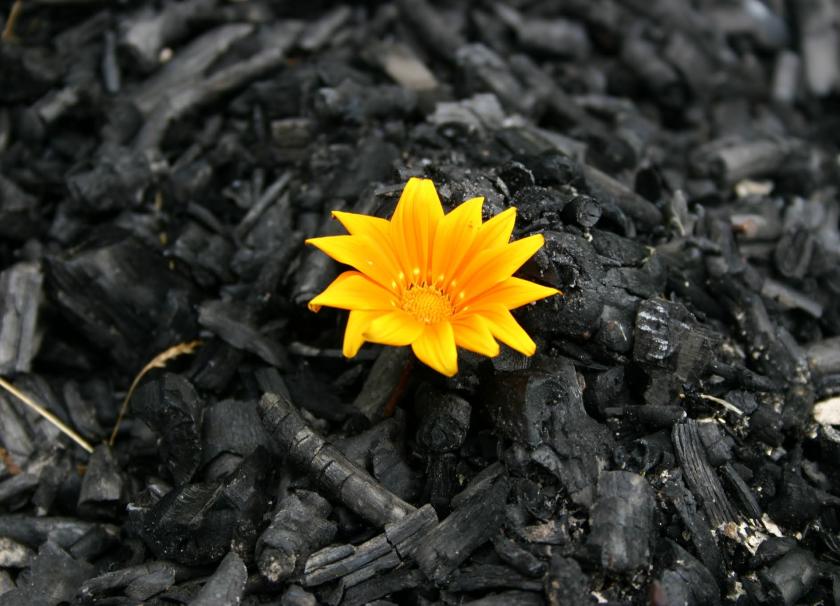
Support Co-op staff to rebuild
The Ashland Food Co-op is dedicated to helping our community and our staff rebuild after the Almeda Fires in early September.
For immediate support, the Co-op gave $1,000 to staff who lost their homes in the fires, as well as $250 for food and other household needs for anyone displaced due to a level 3 evacuation order.
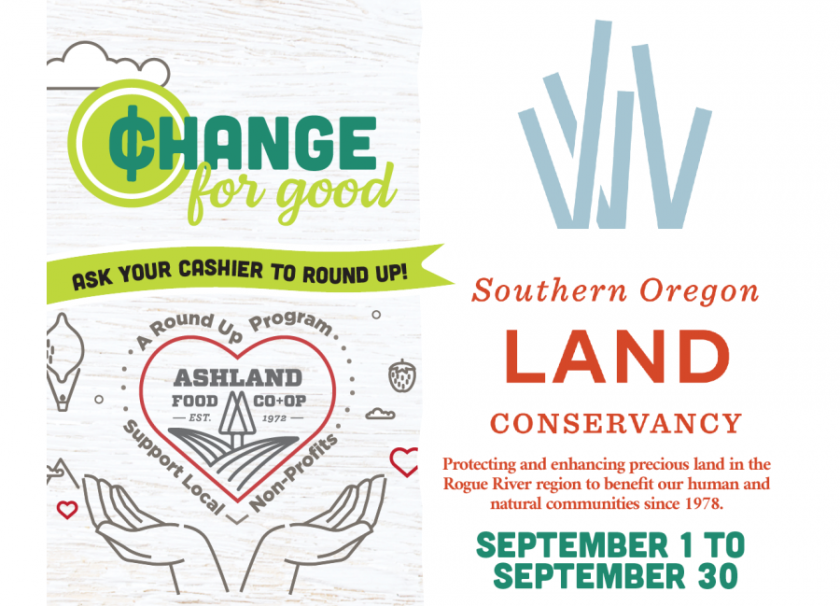
Change for Good in September: Southern Oregon Land Conservancy
For the month of September, Ashland Food Co-op shoppers can round up at the register to support Southern Oregon Land Conservancy. Since 1973, SOLC has been working on multiple fronts to improve land quality and conservation for humans and nature alike. Check out some of the projects below that SOLC has been working on recently. And mark your calendar for Saturday, October 24, as SOLC hosts an Open Lands Day hike and tour on the Rogue River Preserve.
Free Monday Night Lecture - Some Cool Science about Breathing
Join Kelly Martin as she explains how your breath impacts everything from ankle sprains to headaches. Learn why belly breathing isn't good for you, how to breathe correctly, and how to maximize lung health, improve posture, enhance walking efficiency, reduce anxiety, and improve sports performance.
Access the Zoom recording here.
Zoom access password: 2zu@KQWU
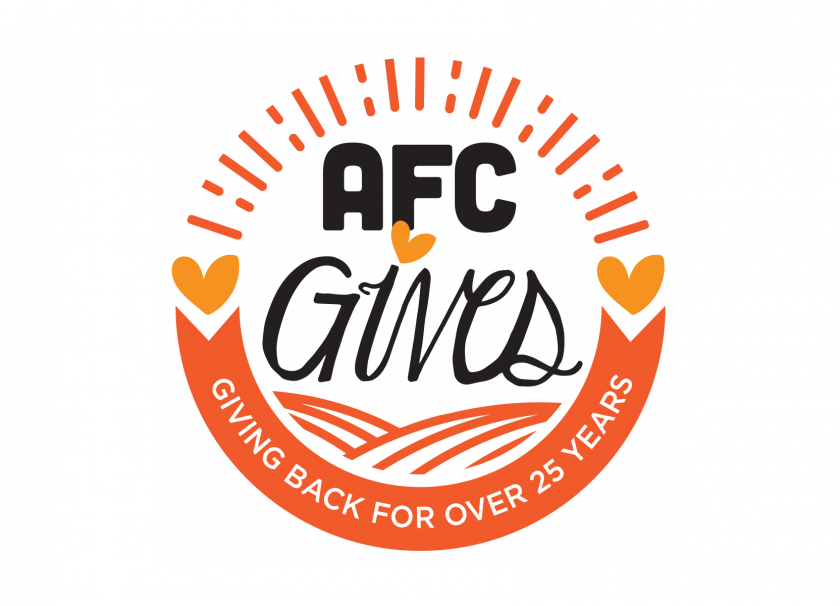
Chatting about community giving with JPR's "Jefferson Exchange"
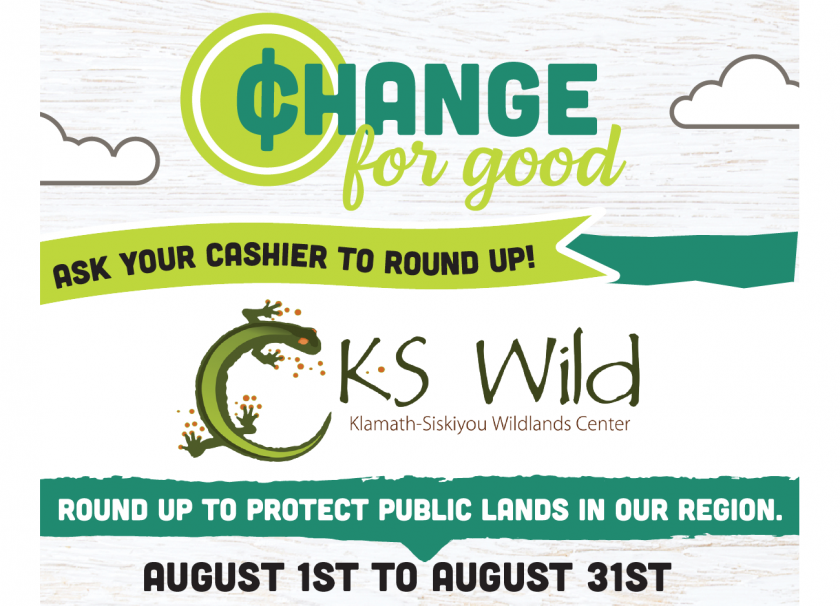
Change for Good in August: KS Wild
This month's featured organization in the new Change for Good register round-up program is KS Wild (short for Klamath-Siskiyou Wildlands Center).

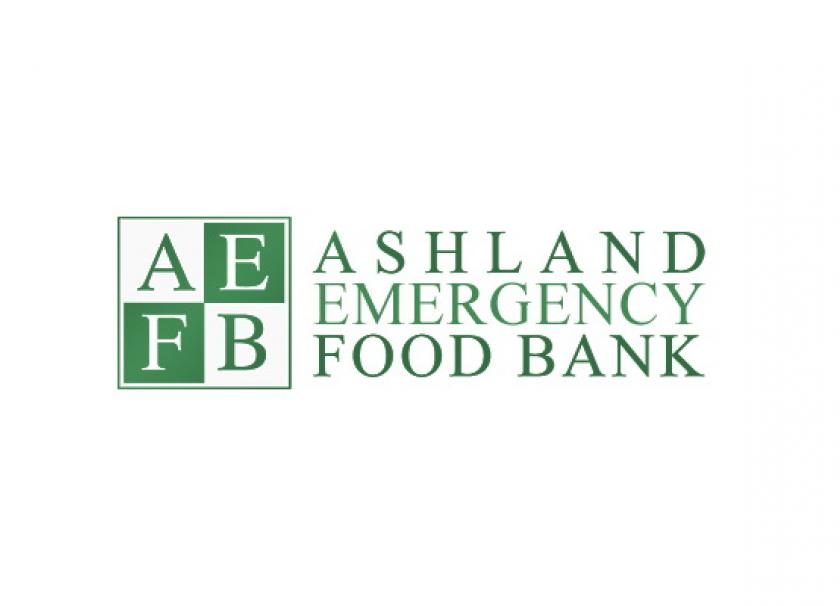
Get to know Ashland Emergency Food Bank
The sixth cooperative principle, "Concern for Community," has become even more important since the pandemic began and economies, locally and globally, started to constrict. To address this, the Board of Directors agreed in April to release 100% of patronage dividends and designate Ashland Emergency Food Bank as a donation option for those dividends - resulting in over $20,000 in donations. And with the early launch of Change for Good register round-up, AEFB was a natural choice to receive round-up donations.

July / August GM Update: Walking the Walk
I wrote at the beginning of the year that the Co-op model of business was a blueprint for the future. The concept of “planet, principles and people before profit” is a guide for how cooperatives can run a successful business that puts more back into the community and local economy than national chains, while using less resources and creating less waste.

2020 Co-op Election Results
2020 Co-op Election Results
Ashland Food Co-op owners voted for three open seats on the Board of Directors, and for ten non-profit organizations for the Change for Good register round-up program.
Click a name below to read more about that Co-op Board member.

A statement from the Board of Directors on racial justice
Dear Ashland Food Cooperative Family and Community,
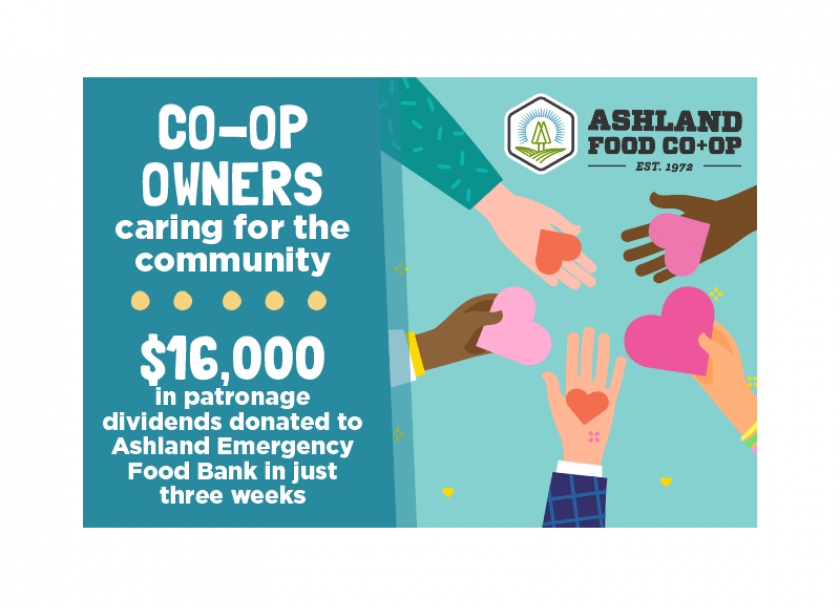
Co-op Owners Step-Up to Support the Ashland Emergency Food Bank!
AFC and AEFB Press Release - Local Strength!
Release Date: 5-26-2020
In April, the Ashland Food Co-op Board of Directors announced to the community that the Co-op would be returning 100% of the 2019 Patronage Dividend to its owners. The 100% Patronage Dividend return to Co-op owners converted to over $628,000.
The Co-op Board felt in this time of great need it was not the right time for the Co-op to put away funds for the future, but rather to support owners fully so they may have more strength to weather these stormy times.
Free Monday Night Lectures - virtual and recorded
Thanks to the many agile and adaptable experts in the Rogue Valley, the much-loved Free Monday Night Lectures live on - even if everything is moving online.
While we miss seeing community members with a joy of learning showing up at the Co-op Classroom, we hope these recordings teach and inspire you.
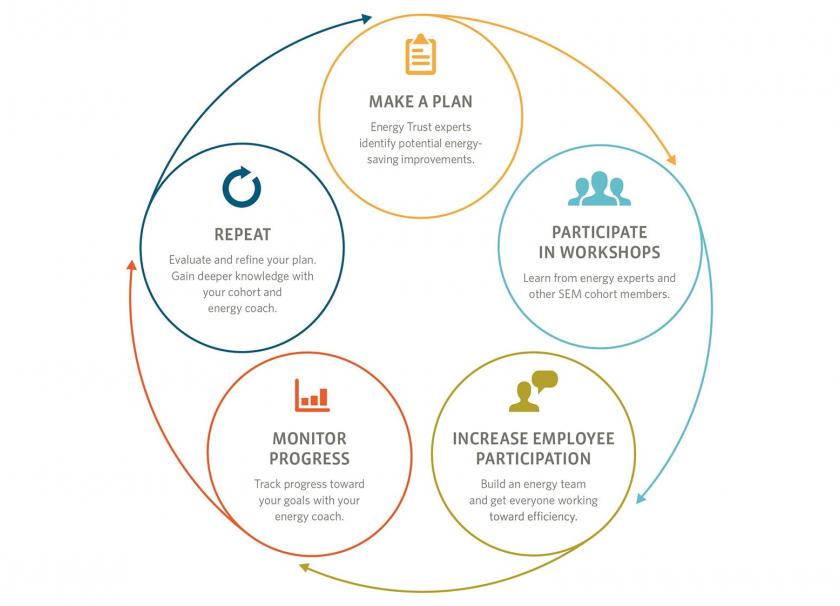
An update on Strategic Energy Management at the Co-op
By Nina Friedman, Strategic Energy Management intern

.jpg)